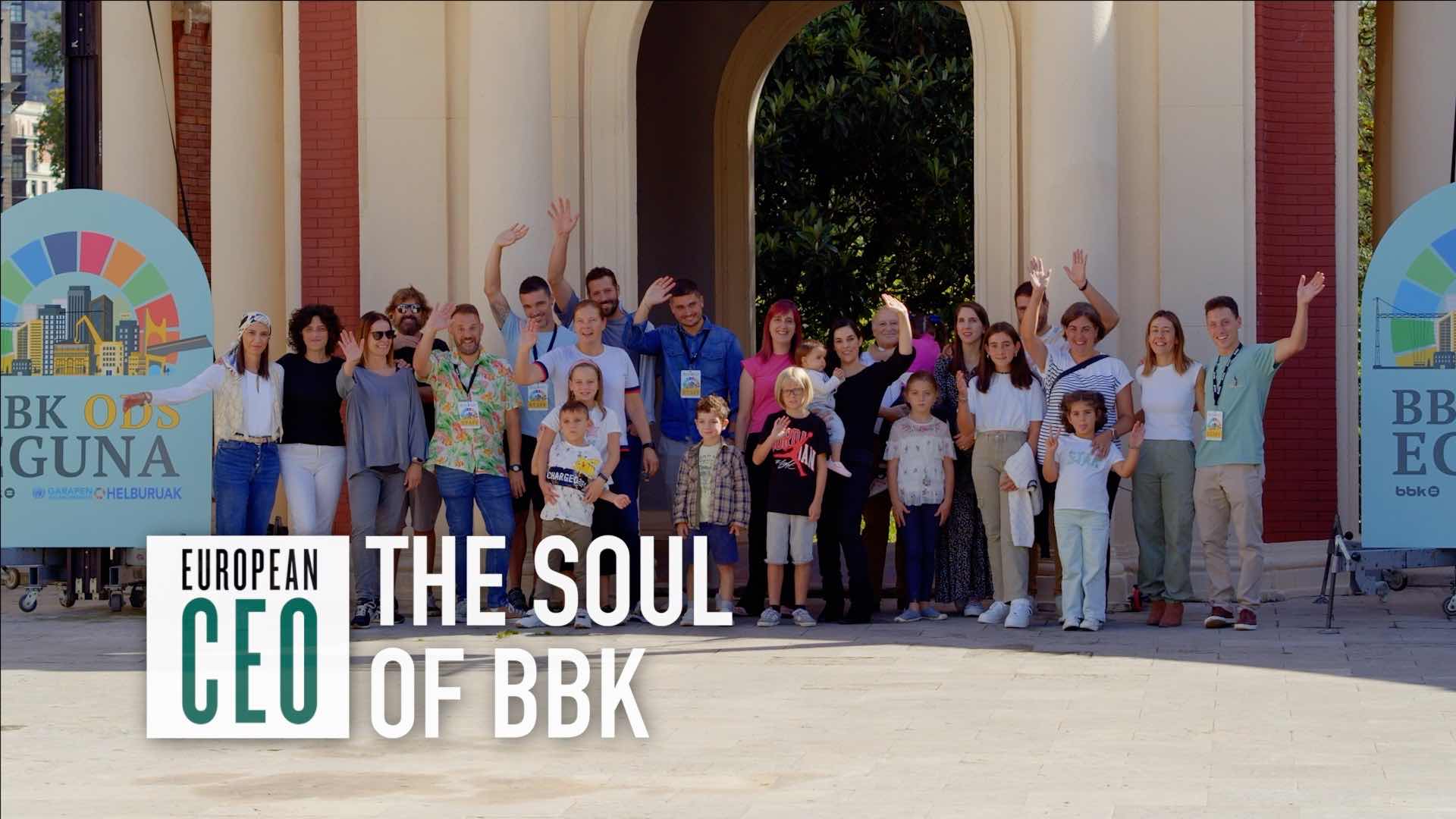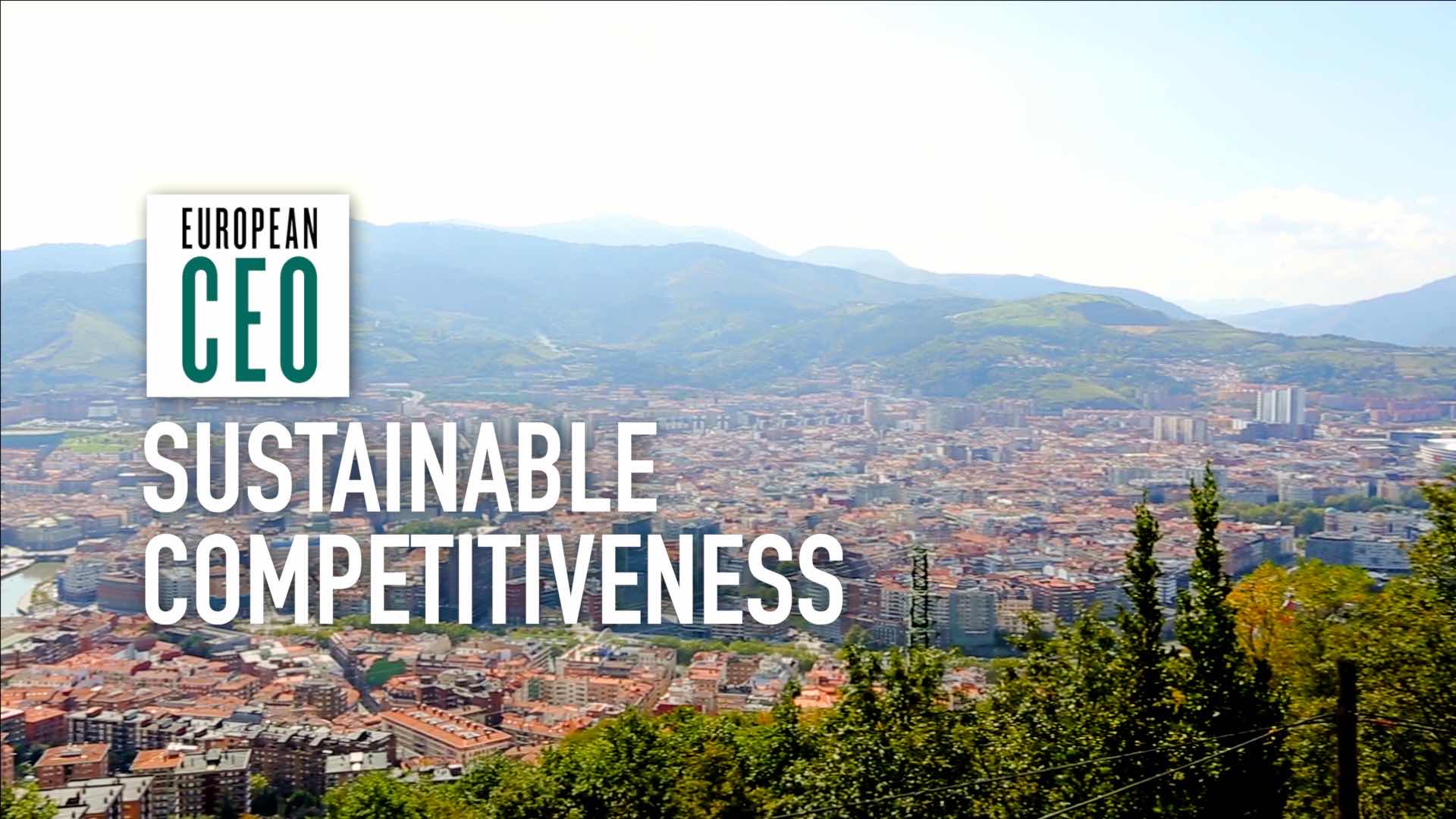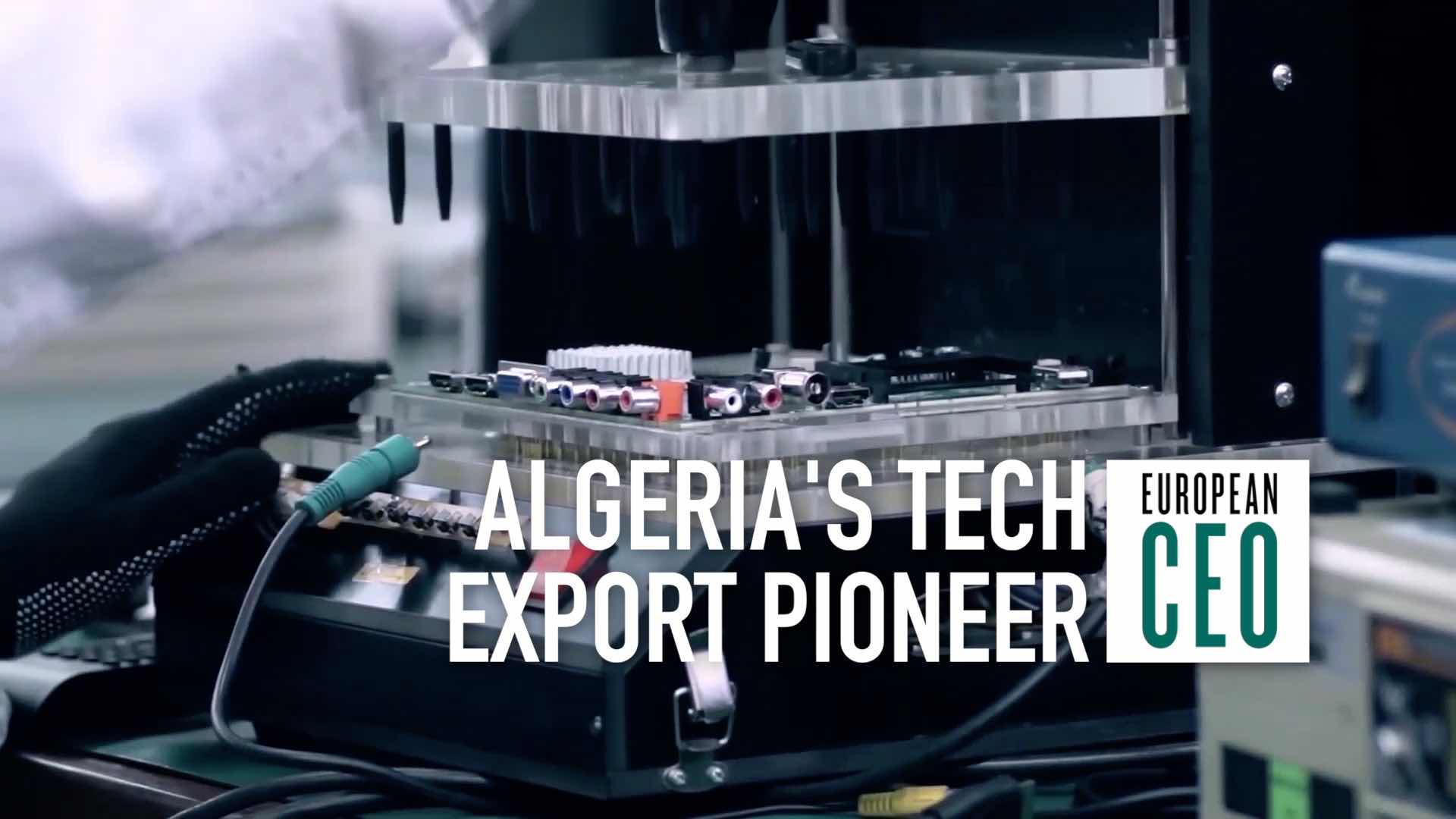Boom follows bust; iron prices coming back
Despite the narrow gap between mining costs and ore prices, it's a good time to be in the industry, says Sula Iron & Gold CEO
Transcript
Sula Iron & Gold CEO Nick Warrell has been in the mining industry for 39 years: working his way up from Junior Trainee Surveyor to Mine Owner. Nick tells European CEO about the lessons learned along the way, and what he sees as the inevitable change for mining: embracing technology.
European CEO: Times have been tough for the mining industries; however, with share prices gaining ground for a number of key companies, there might be light at the end of the tunnel. With me now is Nick Warrell, CEO of Sula Iron & Gold.
Well Nick, it’s said that there’s a narrow gap between gold prices and mining, which means that a lot of companies are reluctant to spend money on exploration and new projects. You’re right in the centre of this; is it a good time to be in the industry?
Nick Warrell: I think it’s a good time for Sula to be in the industry! Probably more-so in exploration and in production; particularly in the case of iron.
With gold it’s a different scenario; low interest rates in Europe and the US, and a low oil price. China’s growth is slowing. This could lead to inflation, and if inflation returns, then gold could be one of the few liquid investments to gain.
And historically, boom follows bust, and the price of iron will come back.
European CEO: Well you’ve actually been at the helm of a number of successful companies which you’ve later sold on; so how did you get started in this industry, and how do you know when it’s the right time to sell?
Nick Warrell: I wanted to be my own boss, and have the satisfaction that goes with it. And I incorporated my first company, Kernow Tunnelling.
The simplistic answer is: do your own research, look at the potential buyer for the company. For me there are two key indicators.
One is the potential buyer: a buyer that is looking to buy an asset to add to its asset register, because it cannot increase its profitability by its operating revenue streams. So add to its portfolio.
And then conversely, someone potentially who is junior in that stake, that needs another asset in its portfolio to expand its portfolio, and raise further money. And potentially, with diversifying the portfolio from one mineral to another.
So those are the key factors that I look at; and then added to that, never be greedy. Always sell in a rising market, and don’t get caught and see all your gains wiped out.
European CEO: Well in your 39 year commercial career you’ve headed various exploration projects worldwide. So where would you say is a successful place to invest, and where are the hotspots worldwide?
Nick Warrell: Any place in the world has its own challenges and demands. It is what you make of it.
Sierra Leone may have been – pre-war, post-war – regarded as a difficult place to invest. But it’s what you make of it, and it’s a challenge. Part of the enjoyment of being in this industry is overcoming the challenges, and being part of that success story.
European CEO: But this must be a very challenging industry: what are you up against?
Nick Warrell: We live in a global village now, and I think all commodity prices are driven by global news: whether it’s commercial, or political. And it’s the ability to move with the times and change that is the major challenge.
It’s that flexibility, and the embracement of technology, which enables the smart operator to change.
We saw last year, exploration… the data that’s available, and the technological tools that are available – both to an explorer and a producer – are manifold. And once they’re used correctly, it’s the key to success.
We saw last year the price of iron start to flatten in July, before it plummeted. And we parked our iron ore exploration, and focused on gold and coltan.
European CEO: Well corruption unfortunately is often associated with the mining industry, have you ever come across this during your career? And how do you even start to deal with it?
Nick Warrell: We have a zero tolerance policy towards corruption. I personally, and the companies I’ve been involved with, have been involved in carrying out CSR programmes in west Africa for in excess of 25 years. And I think that speaks for itself.
I’ve never been asked for a bribe, or anything to encourage our activities. And we carry out CSR, which is appreciated: both by government, and the locals.
European CEO: So what projects are you working on now, and what opportunities do they represent?
Nick Warrell: We’re currently working on gold and coltan; we think they’re excellent investment opportunities, because they’re low-hanging fruit – which is mining jargon for ‘easy to mine’.
European CEO: Well finally, what trends do you see impacting the mining industry in the coming years?
Nick Warrell: I don’t foresee trends; I foresee change. I think change is inevitable. That change means embracing technology.
That goes across the board, from a junior plc like ours – explorationist – to one of the global giants like Rio Tinto or BHP.
To look at underground or surface problems, challenges, and use technology to be cost-effective. Cutting costs for cost-cutting sake is not the answer, and relying upon a higher price for the commodity that the mining company’s involved in, and a low cost? The margins are no longer there.
It’s a big wake-up call. Other industries have done it successfully, and we must follow suit.
Fiscal control, and the embracement of technology, will be the driver towards success in the profitability within our industry.


 Sustainable competitiveness: How BBK is building a better future for Biscay | Part Two
Sustainable competitiveness: How BBK is building a better future for Biscay | Part Two Sustainable competitiveness: How BBK is building a better future for Biscay | Part One
Sustainable competitiveness: How BBK is building a better future for Biscay | Part One Algeria’s tech export pioneer hopes to create 1,000 new businesses
Algeria’s tech export pioneer hopes to create 1,000 new businesses